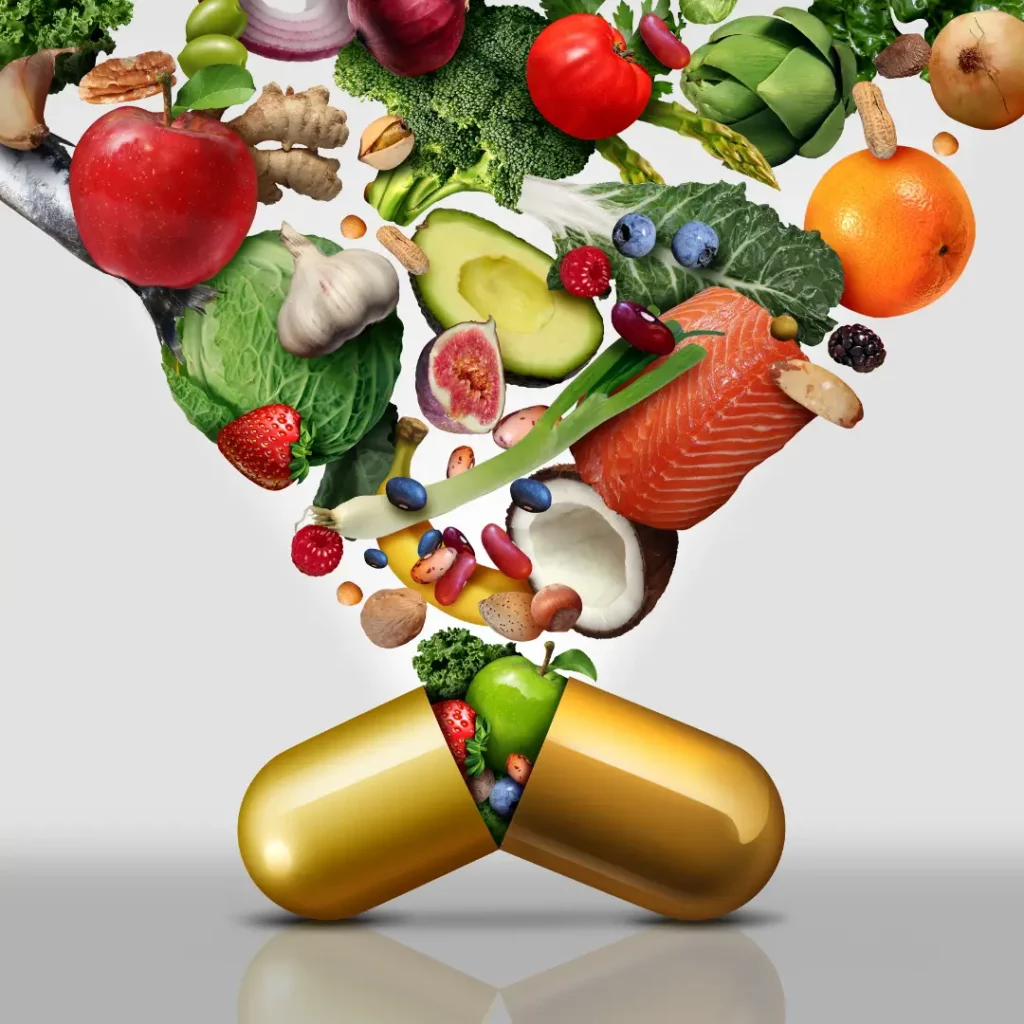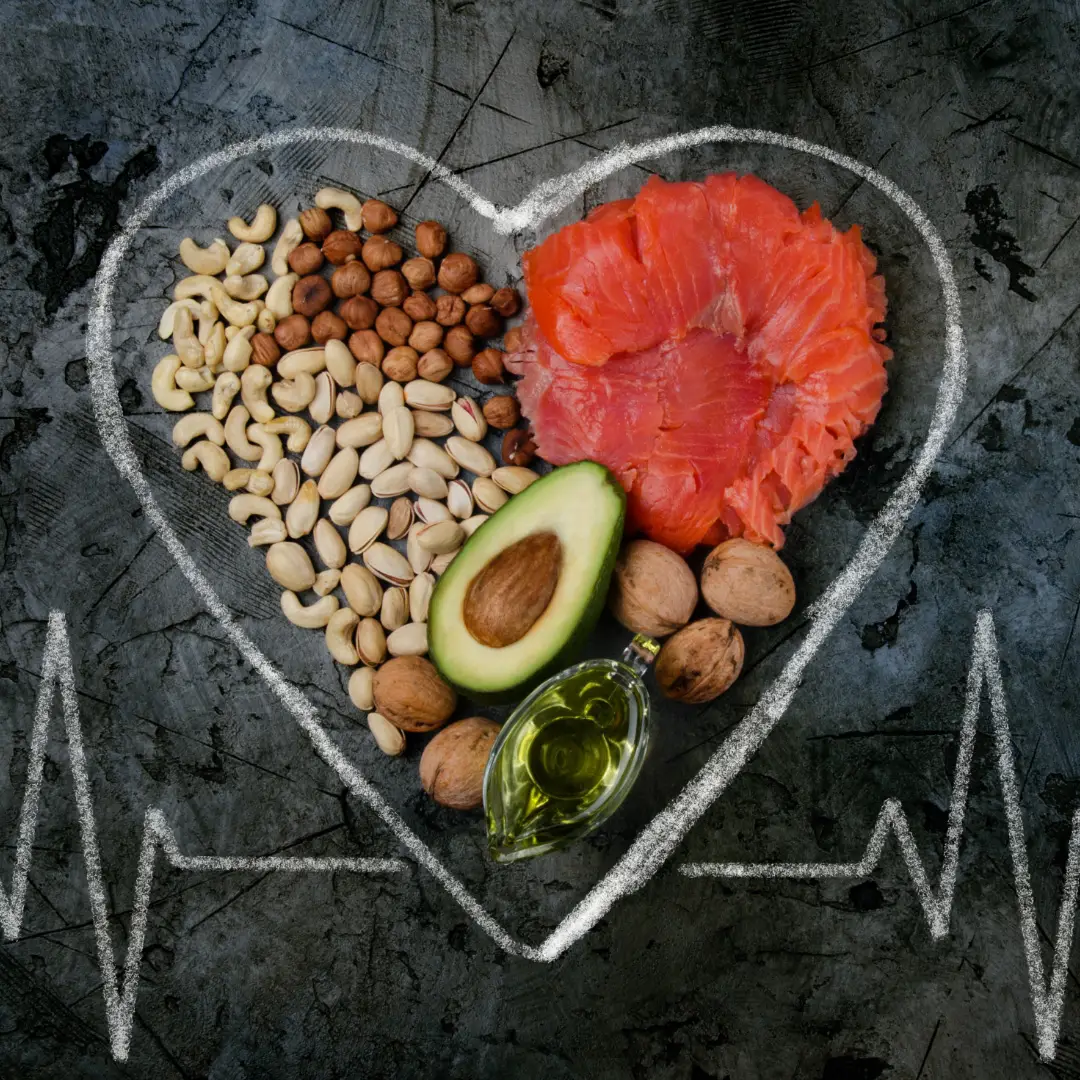If you’re eating a healthy diet, why do you even need multivitamins? The problem is, a healthy diet could be enough for someone in peak health, but in certain stages of our life, we can be affected by a multitude of factors that affect the nutrients we really need. Pregnancy, menopause, taking medication, stress, poor sleep habits and not getting enough exercise can all lead to our bodies not getting the nutrients they need to stay healthy.
According to experts there are 7 key ingredients you should be looking for in your multivitamin:
- Vitamin D – helps to absorb calcium. Without Vitamin D, you’re exposing yourself to regular bouts of sickness, bone and back pain as well as bone and hair loss.
- Magnesium – important for bone health and energy production, Magnesium also helps to reduce stress, ease sleep problems and balance sugar levels.
- Calcium – is important for building strong bones and teeth. Women start losing bone density earlier than men and therefore should ensure they’re getting enough calcium.
- Zinc – supports our immune system, aids in wound healing and helps the body use carbohydrates, protein and fat for energy. People who are stressed tend to be low in zinc.
- Iron – increases energy and helps with better brain functioning and healthy red blood cells. However not everyone needs the same amount of iron. It is recommended that your multivitamin contain about 18mg of iron on average.
- Folate – not just for foetal development, folate helps to grow strong nails, fight depression and combat inflammation.
- Vitamin B12 – works to keep the body’s nerve and blood cells healthy and also helps to make DNA! Mostly found in animal based protein, vegetarians should especially look for multivitamins containing B12
https://www.healthline.com/health/food-nutrition/best-vitamins-to-take-daily#1.-Vitamin-D





